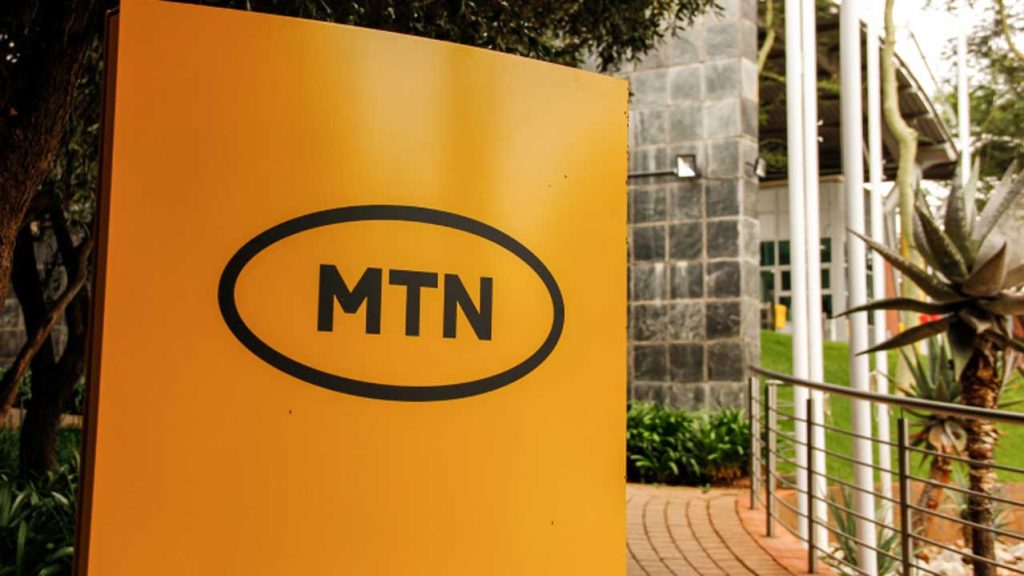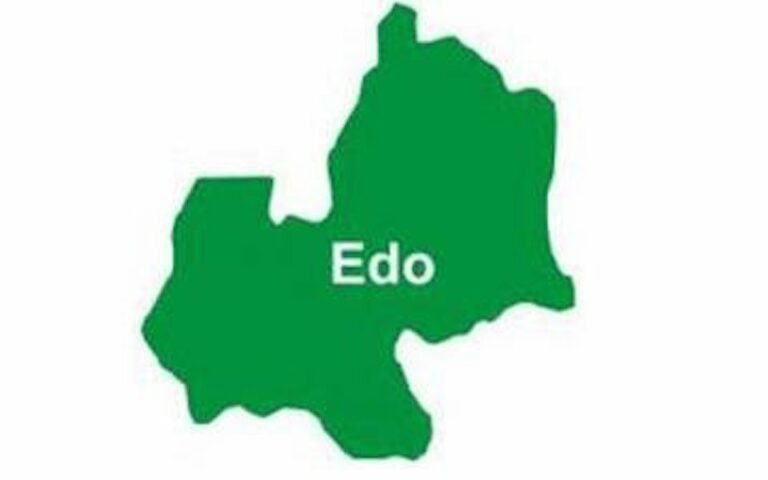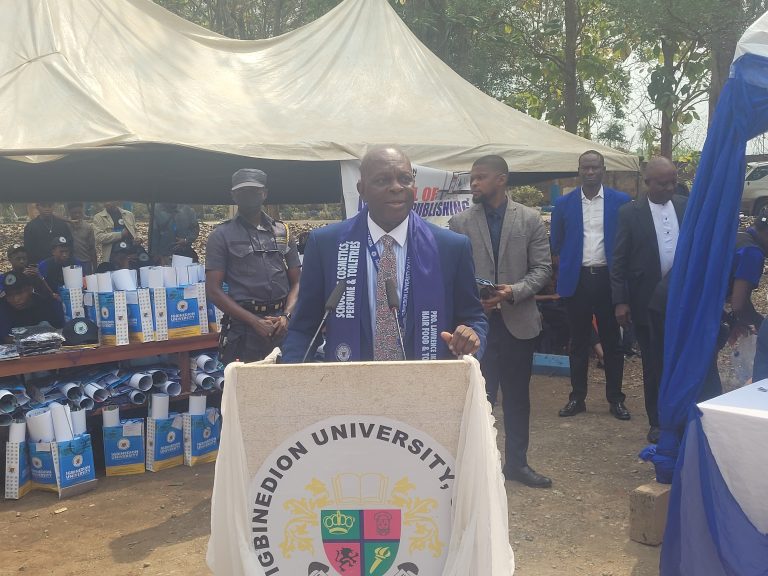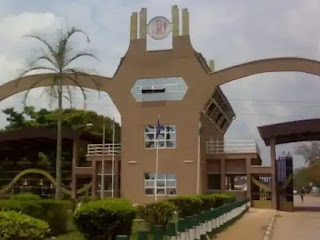
Two telecommunication companies, Globacom and Airtel, are currently scrambling to capture the telecom market available in Kogi State following the collapse of MTN network services in the state.
This scramble, our reporter learned, was ignited as a result of the mass migration of 1.5 million MTN subscribers in search of alternative service providers across the state.
Reports have it that an unresolved four-week-long dispute between MTN and the Kogi State government has led to a court shutting down MTN businesses in the state, leaving millions of MTN subscribers stranded with no means of communication.
Kogi State Utility Infrastructure Management and Compliance Agency (KUIMCA) and the Kogi State Internal Revenue Service (KGIRS) have vowed not to unseal the MTN network until it complies with its rules and regulations.
The Director-General of KUIMCA, Dr. Taufiq Isa, and the Executive Chairman of KGIRS, Salihu Enehe, in a joint press conference in Lokoja, attributed the shutdown to the failure of the telecom company to fully comply with the rules stipulated in the official gazette guiding its operations in the state.
A technical staff of MTN in Lokoja, who pleaded anonymity, informed that MTN holds the largest customer base, stating, “The population of telecom subscribers in Kogi state is above two million, and out of that, MTN subscribers are more than one million. And with the suspension of MTN services, Glo and Airtel are taking advantage of the problem.”
The moment it was confirmed that MTN had been shut down by a competent court of law, other telecom service providers like Globacom and Airtel saw a huge business opportunity and began scrambling to grab the distressed MTN customers.
“As I speak to you now, Globacom is busy expanding their infrastructure to accommodate those who are leaving MTN. You will see on the streets of Lokoja how Globacom and Airtel are busy laying new fiber optic cables in all the 21 local governments of the state for improved services to their customers. Using the 4G network platform, which offers lower latency, meaning less delay in data transmission, is crucial for applications like online gaming and real-time video calls. You know the 4G is designed to efficiently utilize higher bandwidths, which allows for better performance even in crowded areas with many users.”
A retired staff of MTN, Azeez Sheriff, said, “The huge MTN telecom market in Kogi is up for grabs, and Glo and Airtel are in a rush to grab it. These two telecom companies are recruiting technical staff already and expanding their networks and related infrastructures to meet up with the demands of the new market. And if they can put in adequate investment within a very short period, then everyone may as well forget about MTN in Kogi state because I see Glo and Airtel coming to do exactly what MTN was doing, if not more, in terms of services availability for these distressed subscribers.”
Our checks revealed increased traffic in Glo offices in Lokoja, as well as Airtel offices, as more subscribers trooped in to purchase SIM cards. Customers who had neglected the use of their SIMs were frequenting the office to renew their SIMs and upgrade to the 4G platform.
“I think the scramble is a healthy one, because very soon, Glo and Airtel are about to break the long monopoly of the telecom market by MTN in Kogi state. You will realize that within the last two weeks alone, Glo subscribers have doubled, likewise those of Airtel,” said Reuben Akor, a Lokoja-based media practitioner.
It was learned that the situation has left all MTN staff in Kogi state stranded, and the fear of job loss is imminent if the standoff between MTN and the state government is not resolved on time.
Notwithstanding, the saying that where two elephants fight, the grass suffers, has come to play in Kogi state.
Few Kogi residents with serious business concerns travel to Abuja, where telecom network services are available, to transact their businesses.
So far, there is no indication that MTN is about to yield to the demand for compliance.




